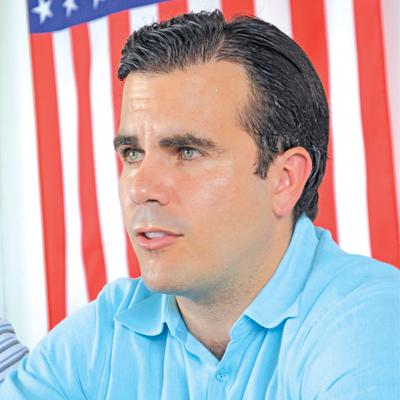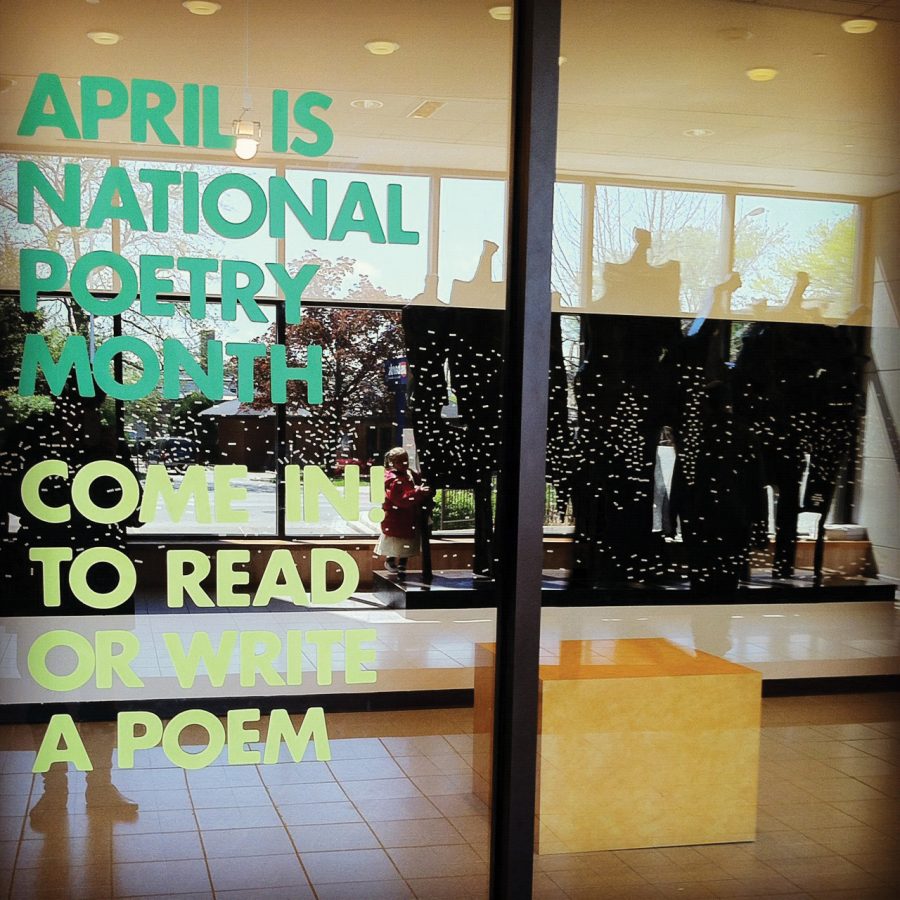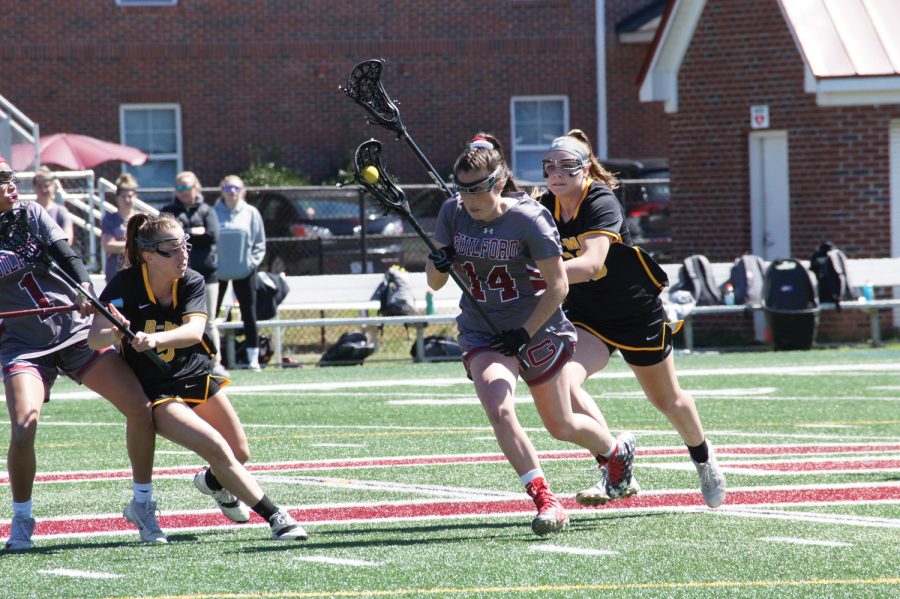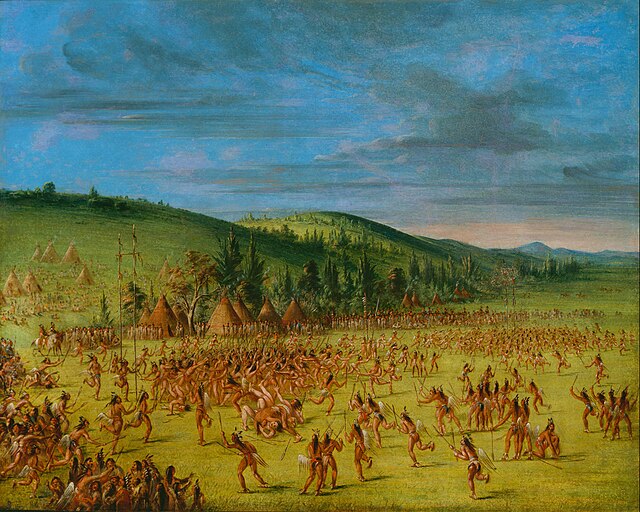The territory between the Virgin Islands and the Dominican Republic is making a case for American statehood.
In a 2012 vote that included nearly 80 percent of the voting population, 54 percent of Puerto Rican citizens said that they were dissatisfied with their current territorial status. Among the choices for alternatives, 61 percent said that they would choose statehood according to the Puerto Rican Report.
In this last election, New Progressive Party candidate Ricardo Rosselló won the governorship of Puerto Rico.
“The governor-elect Ricardo Rosselló ran on the basis of pro-statehood,” said Pace University senior Susan Ayala in an email interview with The Guilfordian. “I have been to Puerto Rico every year since I was five years old, and you can tell that Puerto Ricans there are very passionate about Puerto Rico.”
Rosselló won with 39 percent of the votes.
“I’m honored Puerto Rico gave me an opportunity,” said Rosselló, according to the Jamaica Observer. “We will establish a quality of life that will allow (Puerto Ricans) to return to the land where they were born.”
Hundreds of thousands of islanders have left the country during an ongoing economic crisis.
“Most of them are older,” said photojournalist Joseph Rodriguez, who went back to Puerto Rico with a grant from the Economic Hardship Reporting Project, in an interview with The New York Times. “There is constant buzz about the hedge fund managers coming in and making things worse as they demand Puerto Rico pay off its debts to them first.
“Meanwhile, these older people have their own debts and basic needs: paying for electricity, food and medicine.”
The hope is that statehood boosts the Puerto Rican economy, which has its pros and cons. Since the termination of certain tax exemptions in 2006, Puerto Rico’s economy has taken a nosedive. If Puerto Rico becomes a state, the United States will absorb their $72 billion debt.
However, a major source of the country’s income, tourism, may diminish greatly were it just another state. Also, the immediate addition of 4 million citizens could put a strain on U.S. government systems, such as welfare, as well.
Regardless, the majority of both Puerto Rican citizens and American politicians would choose statehood. Even President-elect Donald Trump believes Puerto Ricans should decide the future of Puerto Rico, although he has not advocated for statehood as past presidents and even current politicians have, according to the Puerto Rico Report.
“There are 3.7 million American citizens living in Puerto Rico,” said Trump in a statement about statehood in January 2016. “As citizens, they should be entitled to determine for themselves their political status.”
Statehood would also allow Puerto Ricans to vote in U.S. elections and file for bankruptcy protection under Chapter 9 of the U.S. bankruptcy code.
“Congress should provide Puerto Rico the same authority that states already have to enable severely distressed government entities, including municipalities and public corporations, to restructure their debts under Chapter 9,” said Secretary Hillary Clinton in a statement to Reuters.
Ultimately, it is up to the people of Puerto Rico to decide their status, whether they chose statehood, continued territorial status or independent sovereignty, which would mean that the island would be represented by a centralized government.
“I believe Puerto Rico should become a State,” said Ayala. “Puerto Rico has fought in every U.S. war since World War I until the present. (The people) are pro-statehood as well as pro-American.”












Kat • Dec 9, 2016 at 10:39 am
The people of Puerto Rico are already citizens and have been so for about a century. We need to either treat them like full equals and make them a state, or make them independent. The US shouldn’t have colonies.
JOSE DIAZ • Dec 8, 2016 at 9:04 am
Puerto Ricans (from the island) have spoken their minds on four occasions: 1967, 1993, 1998 and 2012. In each and every one of these referenda, they have clearly repudiated Statehood, including the 2012 referendum, contrary to what this article states. On the 2012 referendum, 1,878,969 Puerto Rico electors had the chance to choose Statehood, but ONLY 834,191 did so. That was a 44% rate, not a 61% as stated in this article. Puerto Ricans have always favored keeping the current 64 year old Commonwealth status, but making changes to bring it to the new Millennium. A majority has always demanded its politicians to work with Washington to fully develop the autonomous relationship within the United States. To say that in the 2012 referendum 54% rejected the Commonwealth status is misleading. The reader needs to understand that the pro-Statehood administration that designed the two-ballot referendum, in order to give Statehood a fictitious advantage, offered the electors an “as is” Commonwealth status on the first ballot, without any possibility of upgrades, and that is why 54% rejected the idea. However, on the second ballot, 56% of the electors who deposited a ballot on the poll boxes did NOT vote for Statehood, making it a 56% repudiation rate.
By the way, Ricardo Rosselló won governorship in 2016 with only 41% of the vote. If he finds the balls to do what his predecessors didn’t have the balls to do in 2012, that is, a “Statehood Yes-or-No” referendum, Statehood would be defeated for the fifth consecutive time.
Alex • Dec 3, 2016 at 5:26 pm
Now is the time for the PNP to go to DC and ask for full support for statehood. The Republican Party has control of Congress, the Presidency and soon the Supreme Court. There is nothing stopping the U.S. government from fully supporting the Statehood party, except excuses. Please PNP, see if the US government will now fully support you with concrete actions, not just words.
Ivan G • Dec 3, 2016 at 11:48 am
I am very disappointed with the lack of journalistic quality and the accuracy of your statements. It looks like you really did not put much thought into what you wrote:
1. “US will absorb the $72 B debt of Puerto Rico” That statement is devoid of truth and incorrect. You should have done your homework and known better. The US taxpayers (I am one of them too) would not be giving PR a bailout; however, the bondholders would be dealing with PR bankruptcy protection just like any other State or City in the US would do. Please no not repeat that untrue, inaccurate statement.
2. The Island would be ruled by “a central government”. Oxymoron statement, it already is, just like your state of New Jersey has been blessed with governor Chris Christie! Aren’t you just reporting the election of a new governor? Just like New Jersey and any other state in the union, PR has its own governor and its own constitution which has been approved by the US congress just like any other state. So please get the facts straight.
3. “Puerto Ricans are pro-American…” Are you kidding? How in the world does that statement make sense? All natural born Puerto Ricans ARE US Citizens, Americans by BIRTH. So how could that statement be constructed as meaning something different or to be contrasted to being American?